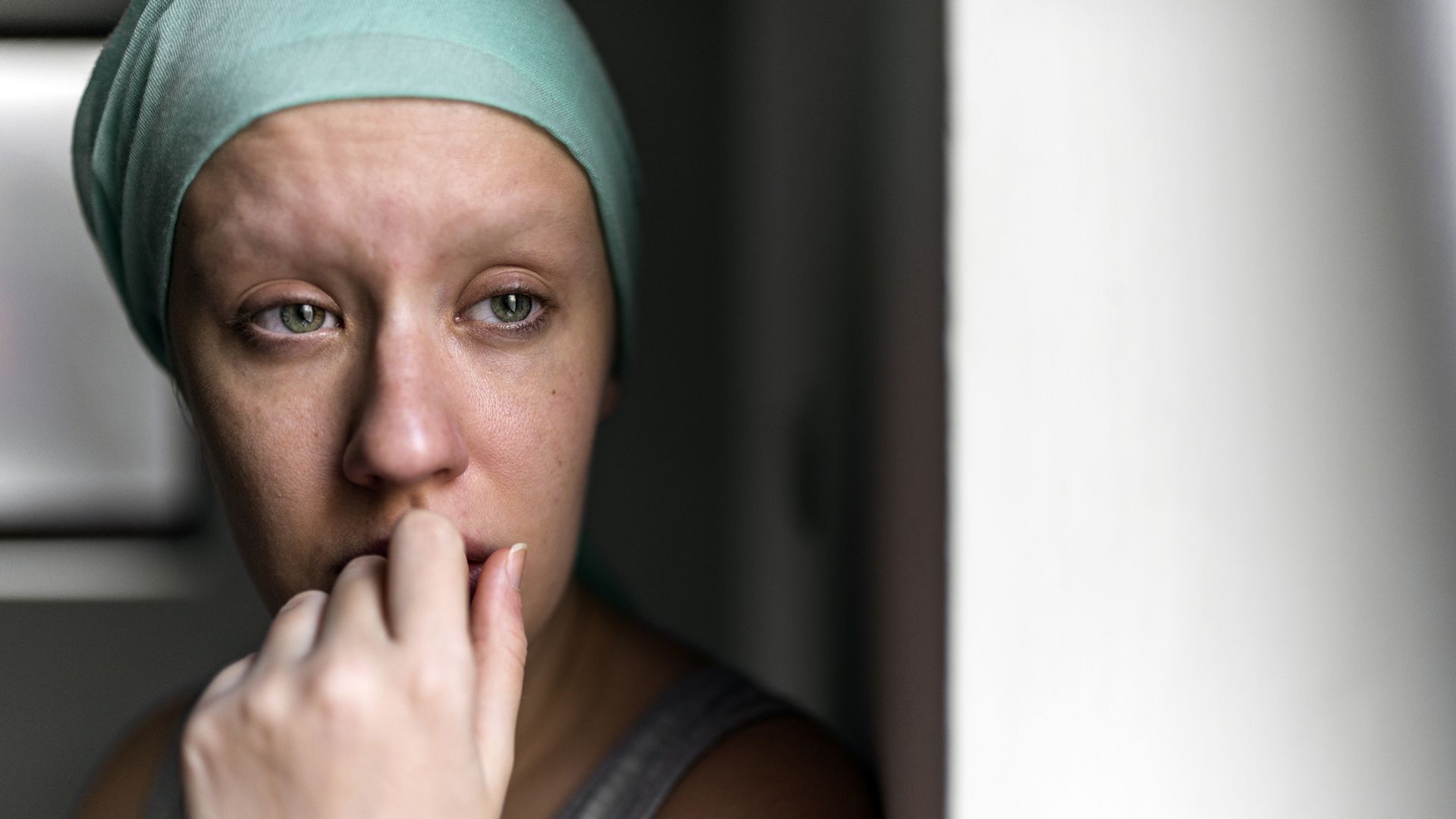Updated on April 9, 2025
Nutrition and exercise are often discussed in terms of reducing cancer risk and helping people with some early-stage cancers cope with symptoms and side effects of treatment. But how do a healthy diet and physical activity fit into the management of an advanced-stage cancer like metastatic breast cancer?
Metastatic breast cancer (MBC) is cancer that begins in the breasts and spreads to other areas of the body. It is estimated that more than 168,000 people in the United States are currently living with the condition. The vast majority are women. MBC is rare among men.
The potential benefits of exercise and good nutrition for people living with MBC were not widely studied in the past. In previous decades, lifestyle approaches like these were not believed to have much impact on easing symptoms or improving treatment outcomes.
Today, there is more research. This is partly because MBC treatments have improved and expanded in recent years. People who are diagnosed with MBC today have more options than those who were diagnosed 10 or even 5 years ago. Many are living longer. As a result, scientists, healthcare providers, and people with MBC are exploring more ways to improve quality of life.
Exercise and MBC
Research into the potential benefits of exercise for people with MBC is ongoing. Some evidence suggests that physical activity could help ease fatigue and improve quality of life. However, more research is needed to determine if exercise can significantly affect survival rates for people with this advanced-stage cancer.
For those living with MBC, exercise should always be done under the guidance of a healthcare provider. Remember that MBC is different for everyone. It affects different areas of the body, presents different symptoms, and requires different treatments. Not every form of fitness will be safe or appropriate for every person. If you are living with MBC and interested in exercise, or taking part in a sport or activity, talk to your healthcare team about how to exercise safely.
Nutrition and MBC
Similar to exercise, the effects of nutrition on MBC survival rates or quality of life has not been widely studied in the past, and research is ongoing. Some available research supports the idea that people living with MBC can benefit from individualized treatment plans that include changes to diet and nutrition. It also supports diet and nutrition having a place in the treatment of advanced cancers.
Nutrition should be a focus for people undergoing chemotherapy or radiation therapy, and people recovering from surgery. Adequate amounts of protein, healthy fats, whole grains, fiber, and other nutrients are important for the body’s healing and recovery. Your healthcare provider may recommend changes to diet that may help manage these side effects.
Many people make changes to their diet after a cancer diagnosis. If you are thinking of changing your diet, it is best to make those changes under the guidance of your healthcare provider or a registered dietitian.






